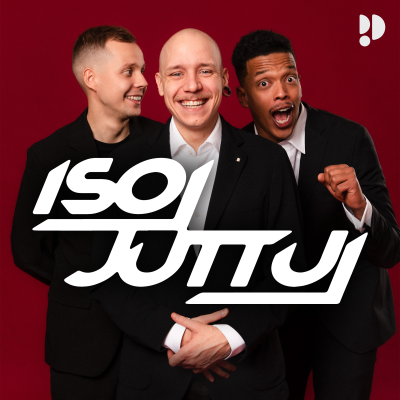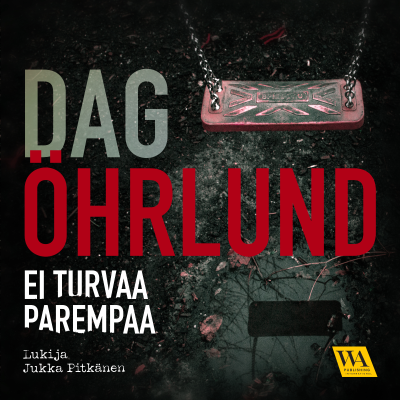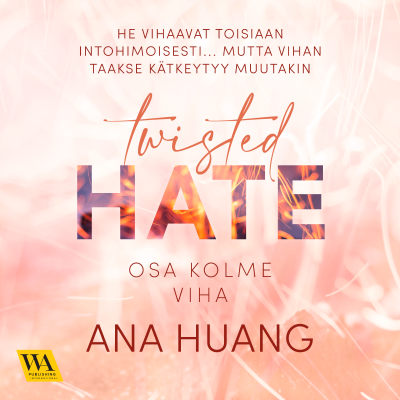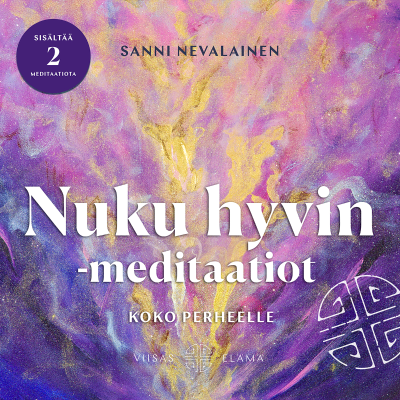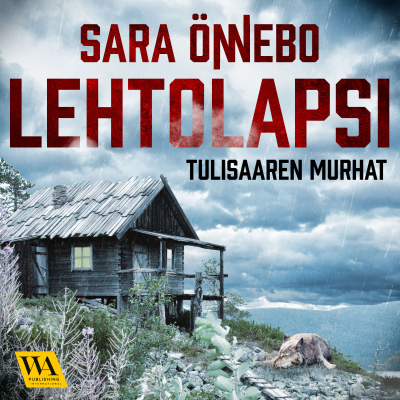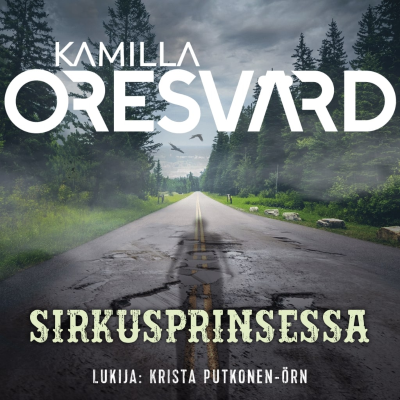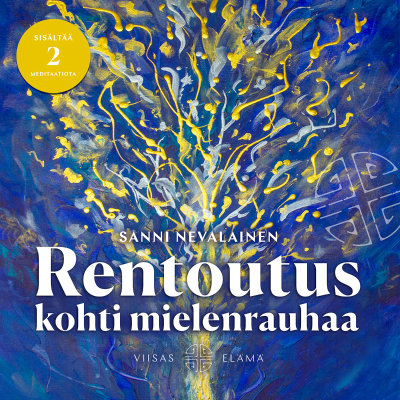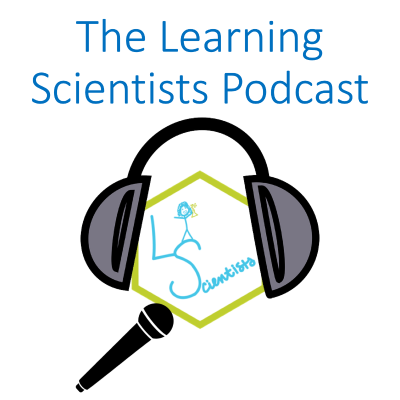
The Learning Scientists Podcast
Podcast by Learning Scientists
90 vrk ilmainen kokeilu
Kokeilun jälkeen 7,99 € / kuukausi.Peru milloin tahansa.
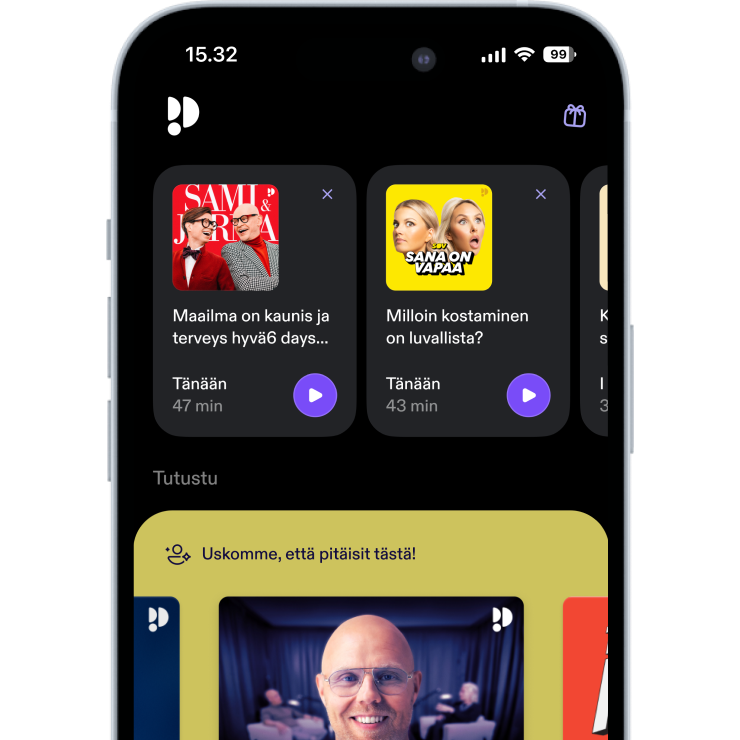
Enemmän kuin miljoona kuuntelijaa
Tulet rakastamaan Podimoa, etkä ole ainoa
Arvioitu 4.7 App Storessa
Lisää The Learning Scientists Podcast
A podcast for teachers, students, and parents about evidence based practice and learning.
Kaikki jaksot
91 jaksotThis episode was funded by listeners like you. For more details on how to help support our podcast and gain access to exclusive content, please see our Patreon page [https://www.patreon.com/learningscientists]. SHOW NOTES: In Episode 91, Cindy talks with Sean McCormick, founder and Executive Director at EF Specialists [https://www.efspecialists.com/]. They discuss the research on executive functioning training, especially for neurodiverse students, and the degree to which it transfers to everyday life. In the episode, they mention several research studies, including: 1. Diamond, A. (2013). Executive functions. Annual Review of Psychology, 64(1), 135-168. https://doi.org/10.1146/annurev-psych-113011-143750 [https://doi.org/10.1146/annurev-psych-113011-143750] 2. Blair, C., & Razza, R. P. (2007). Relating effortful control, executive function, and false belief understanding to emerging math and literacy ability in kindergarten. Child Development, 78(2), 647-663. https://doi.org/10.1111/j.1467-8624.2007.01019.x [https://doi.org/10.1111/j.1467-8624.2007.01019.x] 3. Melby-Lervåg, M., & Hulme, C. (2013). Is working memory training effective? A meta-analytic review. Developmental Psychology, 49(2), 270. https://doi.org/10.1037/a0028228 [https://doi.org/10.1037/a0028228] For free resources, please visit efspecialists.com [http://efspecialists.com].
This episode was funded by listeners like you. For more details on how to help support our podcast and gain access to exclusive content, please see our Patreon page [https://www.patreon.com/learningscientists]. SHOW NOTES: In Episode 90, Megan reads her blog post Dual Coding: Can There be too Much of a Good Thing? [https://www.learningscientists.org/blog/2016/11/17-1]
This episode was funded by listeners like you. For more details on how to help support our podcast and gain access to exclusive content, please see our Patreon page [https://www.patreon.com/learningscientists]. SHOW NOTES: For some of our podcast episodes, we are going to read blog posts, audiobook style. This allows listeners to access the written material from the blog in audio form, which we imagine may help some who don’t have much time for reading (but DO have time to listen in the car). It also allows us to bring some of our most interesting, important, and/or popular posts back into the spotlight. Today’s episode is our first of this type! In Episode 89, Carolina reads her blog post Who should Create Study Plans? [https://www.learningscientists.org/blog/2018/3/1-1]
This episode was funded by listeners like you. For more details on how to help support our podcast and gain access to exclusive content, please see our Patreon page [https://www.patreon.com/learningscientists]. SHOW NOTES: In Episode 88, Megan, Cindy, Carolina, and Althea talk about the new direction of the Learning Scientists Podcast, and about multitasking! We started this podcast a number of years ago, and over time the podcast has morphed and changed. We want to be really intentional about the podcast. To that end, we got together and talked about what we love about the podcast, things we want to do better, and some new ways to spread the science of learning to move people. We’re going to have three types of podcast episodes: 1. Conversations with students and/or educators about their experiences with the science of learning. With these episodes, we’re really making space for our listeners to hear from others about their experiences while teaching and learning. Of course, in our conversations, we’ll still be talking about the science behind the concepts we’re talking about. These episodes can allow listeners to gain new perspectives, and can even serve as concrete examples of how the science of learning can be applied in various settings. 2. Bite-size research episodes. In these episodes, we’ll focus on peer-reviewed research. One or a few of us will talk through a research paper to bring the science to you, wherever you listen. These episodes may also include guests to talk about their peer-reviewed research on learning, or the research surrounding their area of expertise. 3. Audio-book versions of our blog posts. We know that some people prefer (or must, because of time constraints) listen rather than read. We have hundreds of great blog posts, and we want to bring that content to even more people. So, for some episodes, we will read our blog to create another format for that information to be shared. If you’re interested in being a guest on our podcast, you can send us a pitch! Please fill out this form [https://www.learningscientists.org/podcast-guest-requests]. If you’re an educator or student wanting to talk about your personal experiences with the science of learning, we especially want to encourage you to fill it out. Let us know that you’re a student/educator, and how you use the science of learning in your own teaching/learning. We also talked about multitasking on the podcast, because we know that so many people multitask while listening (in the car, in the shower, while doing dishes, etc.). We mentioned the Whodunnit video on the episode. You can watch the Whodunnit video [https://youtu.be/LRFMuGBP15U?si=TBGzEFna9fUW9FpH] here. Below are some additional resources about mutlitasking from our blog: * Multitasking and Selective Attention [https://www.learningscientists.org/blog/2020/9/10-1] by Althea Need Kaminske * Engagement and Interest [https://www.learningscientists.org/blog/2019/11/7/interest-and-engagement] by Althea Need Kaminske * New Findings Inform the Laptop versus Longhand Note-Taking Debate [tps://www.learningscientists.org/blog/2019/2/21-1] by Carolina Kuepper-Tetzel * Focus Tips for Students: How to Effectively Ignore Irrelevant Information [https://www.learningscientists.org/blog/2018/5/1-1], a guest post by Erin Miller
This episode was funded by listeners like you. For more details on how to help support our podcast and gain access to exclusive content, please see our Patreon page [https://www.patreon.com/learningscientists]. SHOW NOTES: In Episode 87, Cindy chats with Mitch Weathers [https://www.linkedin.com/in/mitchweathers/], a veteran teacher and Founder and CEO of Organized Binder [https://organizedbinder.com/]. Mitch discusses what exactly is meant by executive functioning, his own learning struggles as a student, and his many projects aimed at improving students’ executive functioning skills including his recently released book, Executive Functions for Every Classroom: Creating Safe and Equitable Learning Environments [https://a.co/d/5hjc76U].

Arvioitu 4.7 App Storessa
90 vrk ilmainen kokeilu
Kokeilun jälkeen 7,99 € / kuukausi.Peru milloin tahansa.
Podimon podcastit
Mainoksista vapaa
Maksuttomat podcastit



